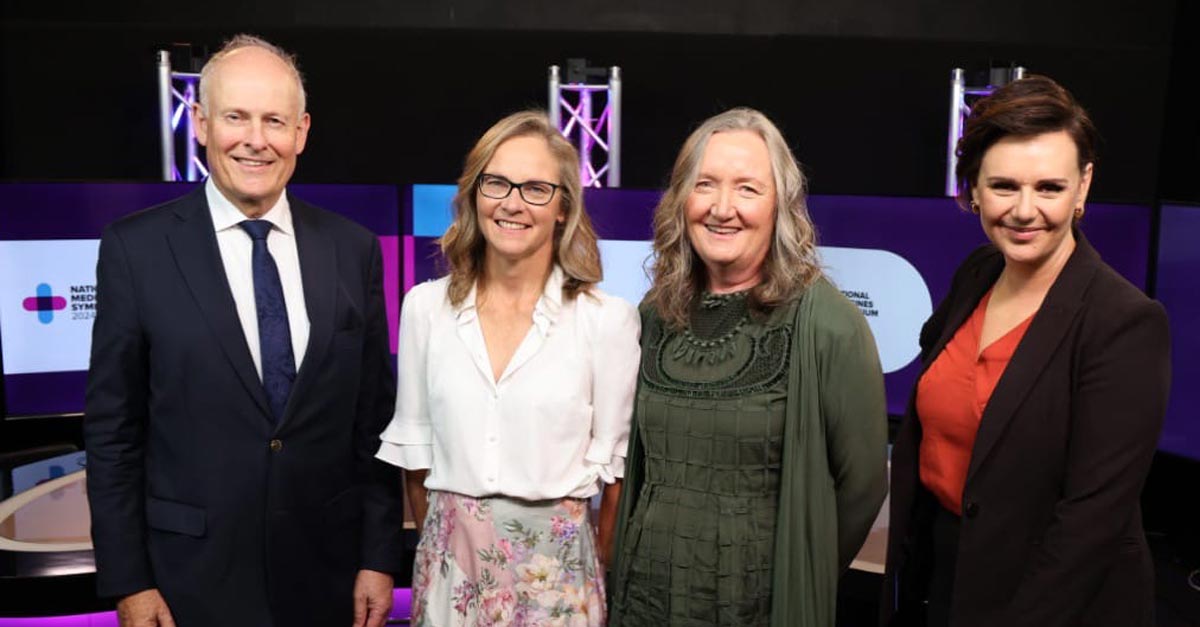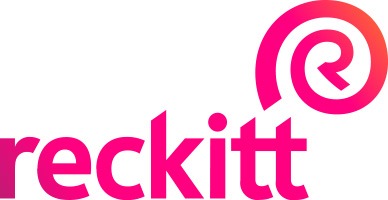When Rachel Salib MPS takes off her white coat each night, she’ll often put on her Primary Health Network clinical council hat – or boxing gloves.
Why pharmacy?
I initially studied to be a registered nurse, because I found my calling in caring for people – that passion, motivation and compassion for others has always been there. Never wanting to sit still, I became interested in the pharmacology of nursing and pursued a career in pharmacy. On my first placement I was mentored by an extremely passionate and proactive pharmacist who always went the extra mile. I loved how my two roles were complementary. My passion for pharmacology is still going strong, and now, in compounding, I am surrounded by amazing pharmacist-patient encounters at Fresh Therapeutics pharmacy, where we aim to ‘make each encounter count’!
How does partnering with Primary Health Networks (PHNs) make a more sustainable model of primary care?
PHNs look at local health patterns in the region with the aim of optimising therapies for patients – especially patients at risk of poor health outcomes. They commission services to cater to a variety of populations, including Aboriginal health, aged care, mental health, the LGBTIQ+ community and many more. Through the work of PHNs, we can try to keep individuals out of more acute settings and provide a better model of tailored care in such a diverse community. By partnering with PHNs, we can engage with the available resources, highlight gaps where needed and contribute to potential pragmatic solutions to manage these gaps.
What do you do as a clinical councillor?
A clinical council advises the PHN board on clinical issues such as design of commissioned projects. As a clinical council member for Central and Eastern Sydney PHN, I use my pharmacist and registered nurse expertise to inform upcoming health topics which then influences how resources are allocated. I offer a pharmacist’s perspective on an issue i.e. what resources are needed to execute this?
Is there appropriate training and funding available? What external factors need to be considered? We discuss the pros and cons of trials such as continuation of therapy without a prescription with the greater scope of practice suggested in relation to the Strengthening Medicare Taskforce Report. I point out that training, time and remuneration also need to be considered.
What do you discuss at meetings?
Implementing a new service or expanding scope of practice means appropriate training for pharmacists, hence this is emphasised at meetings. We also discuss the need for better integration of digital platforms such as My Health Record, which can be integral to medication changes or pathology results in transitions of care.
This is also important in ensuring patients take the correct medicines in the context
of their current health progress. It means specialists, GPs and pharmacists are on the same page and receipt of information is not truncated. I stress the importance of a wider scope of practice (e.g. prescribing continuation of therapy), which European pharmacists have been doing for years!
Added to that is the importance of good communication between healthcare practitioners to ensure continuity of care, with referral pathways back to specialists or GPs when a pharmacist recognises the need for more specialised care. Like our allied health colleagues, we complement and support the healthcare team but need to ensure pharmacists are appropriately remunerated for the services provided.
How can pharmacists work with PHNs?
We need to get involved! Pharmacists play an integral role on PHNs in working with prescribers and allied health to develop a better system for the best possible outcome for patients. We need to speak up and advocate on behalf of our patients, discussing what is needed and potential sustainable solutions. This doesn’t just mean becoming a clinical council member; PHNs have so many initiatives running, and pharmacists are a valuable addition to the discussion. Educate yourselves on PHN-provided services and utilise them in care.
What advice do you have for ECPs?
Don’t be afraid to branch out, to challenge yourself. Know your limitations, and where evolving can be beneficial. My mentors challenged me, pushing me to be the best pharmacist and human I can be. Be a team player and bring your best to each patient encounter. Don’t be afraid to be the youngest in the room!
Day in the life of Rachel Salib, community pharmacist and PHN clinical councillor, CESPHN, NSW.
| 8.30 am | Before the rush of regulars
Often I complete CPD on topics needing refreshing or with updated guidelines. Then doors open, regulars are waiting and we prepare for vaccines and deliveries. Generally, we compound melatonin, hormone replacement therapy, omeprazole and more. We make a variety of dose forms including capsules, liquids, lozenges, suppositories, creams and lollipops. A popular formula is our anaesthetic lollipops for dental practice, with a mixture of lignocaine and tetracaine flavoured to the preference of the patient! |
| 10.00 am – 5.00pm | Clinical interventions and boxing!
Vaccines completed, mentoring intern pharmacists and students, and sorting out problems makes the day pass quickly. Contact a GP prescriber to change the COCP to a progesterone-only pill after noting the contraindication of a COCP in a woman with a history of migraine with aura. Refer another lady to CESPHN resources when talking about her request for a sleeping tablet revealed she was distraught about her recently terminated pregnancy on medical grounds. Afterwards, a quick session at the gym for boxing and weights for my mental and physical health. |
| 7.00 pm | PHN clinical council meeting
Clinical council meeting with GPs, allied health (podiatrists, occupational therapists, physiotherapists). Discuss topics such as changes necessary for pharmacists to have an MBS item number similar to other allied healthcare professionals, burn-out, and referral pathways to local services such as Head to Health when dispensing antidepressant/anxiolytic medicines. |
| 9.00 pm | Home, reflect, prepare to repeat
Home time! Reflect on the meeting and think about any additional points to add to minutes for the council meeting. Review any HMRs that need to be completed, do some meditating/quiet time and prepare to do it all again tomorrow. |



 National Medicines Symposium 2024 speakers (L to R): Steve Waller, Professor Jennifer Martin, Professor Libby Roughead, Tegan Taylor[/caption]
National Medicines Symposium 2024 speakers (L to R): Steve Waller, Professor Jennifer Martin, Professor Libby Roughead, Tegan Taylor[/caption]


 This CPD activity is sponsored by Reckitt. All content is the true, accurate and independent opinion of the speakers and the views expressed are entirely their own.[/caption]
This CPD activity is sponsored by Reckitt. All content is the true, accurate and independent opinion of the speakers and the views expressed are entirely their own.[/caption]







